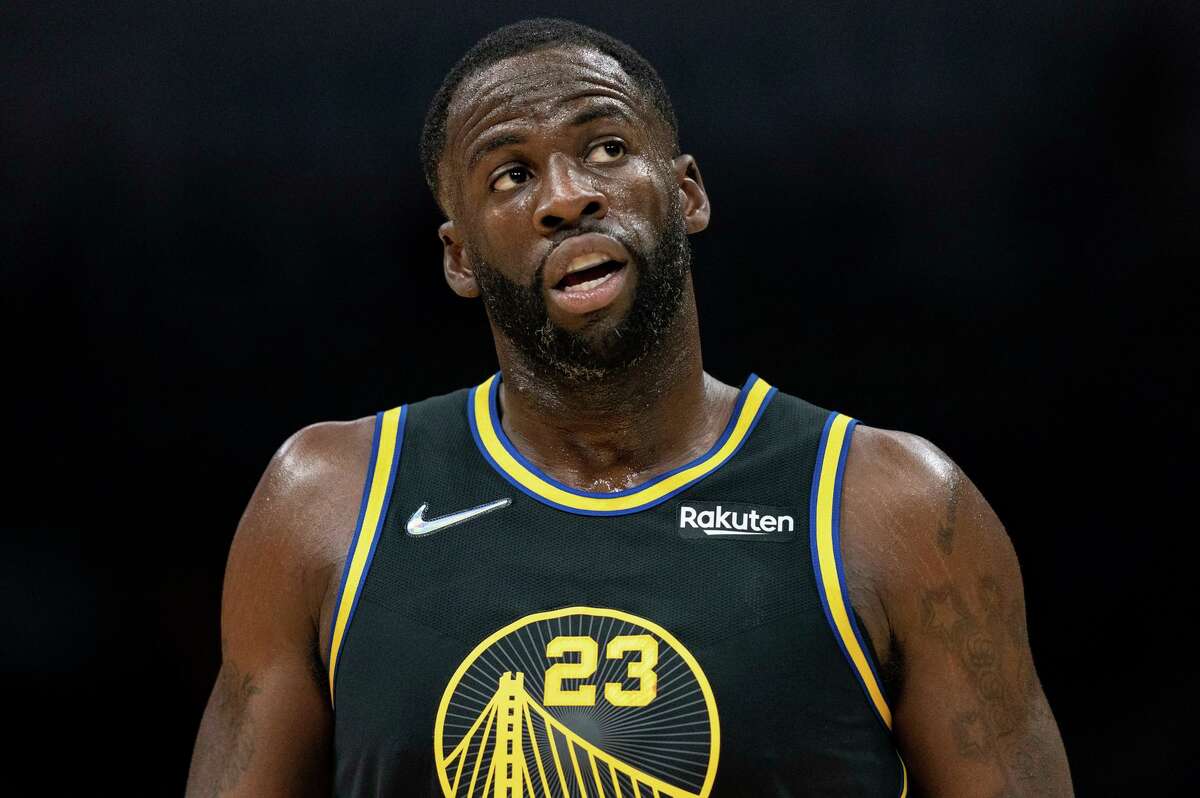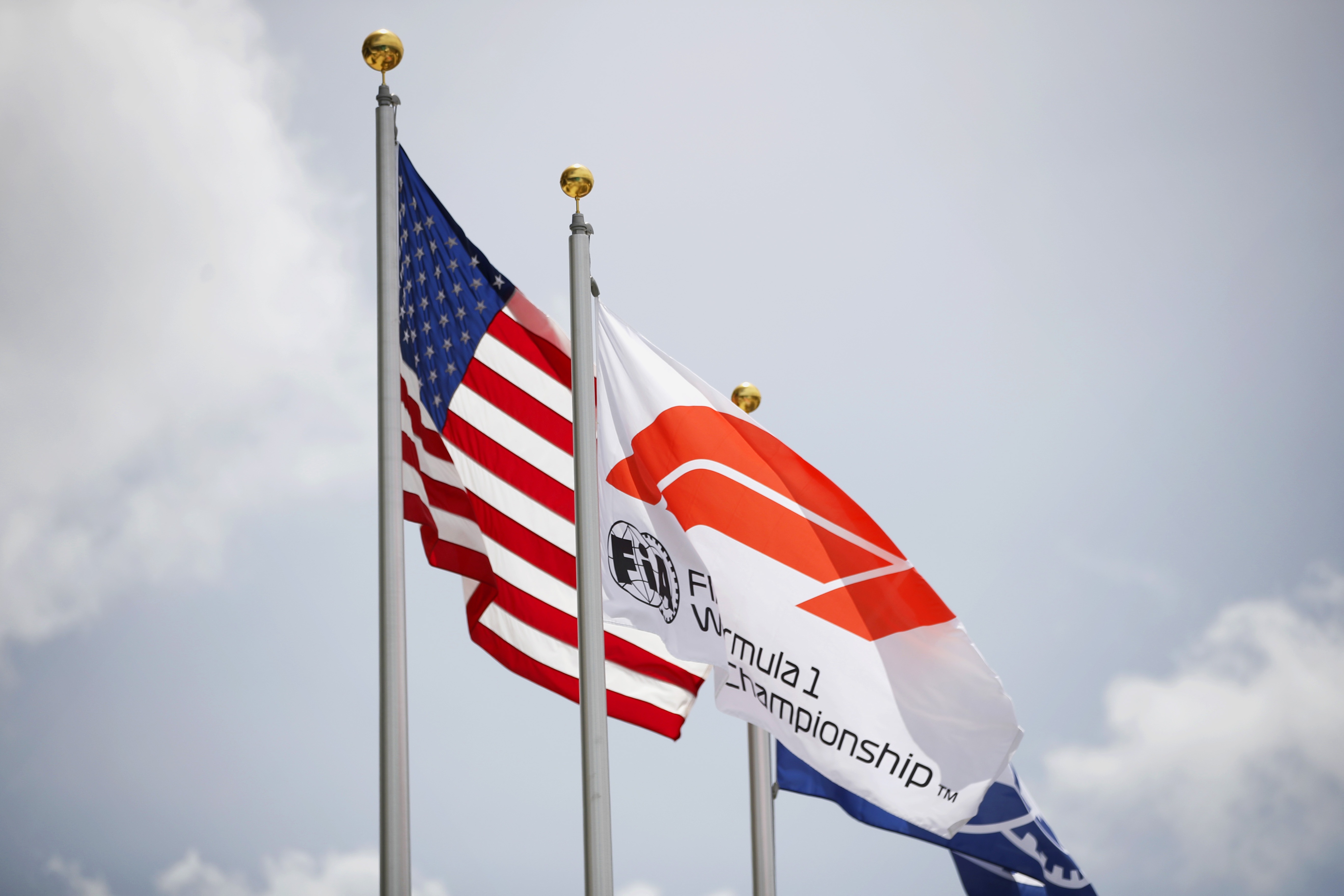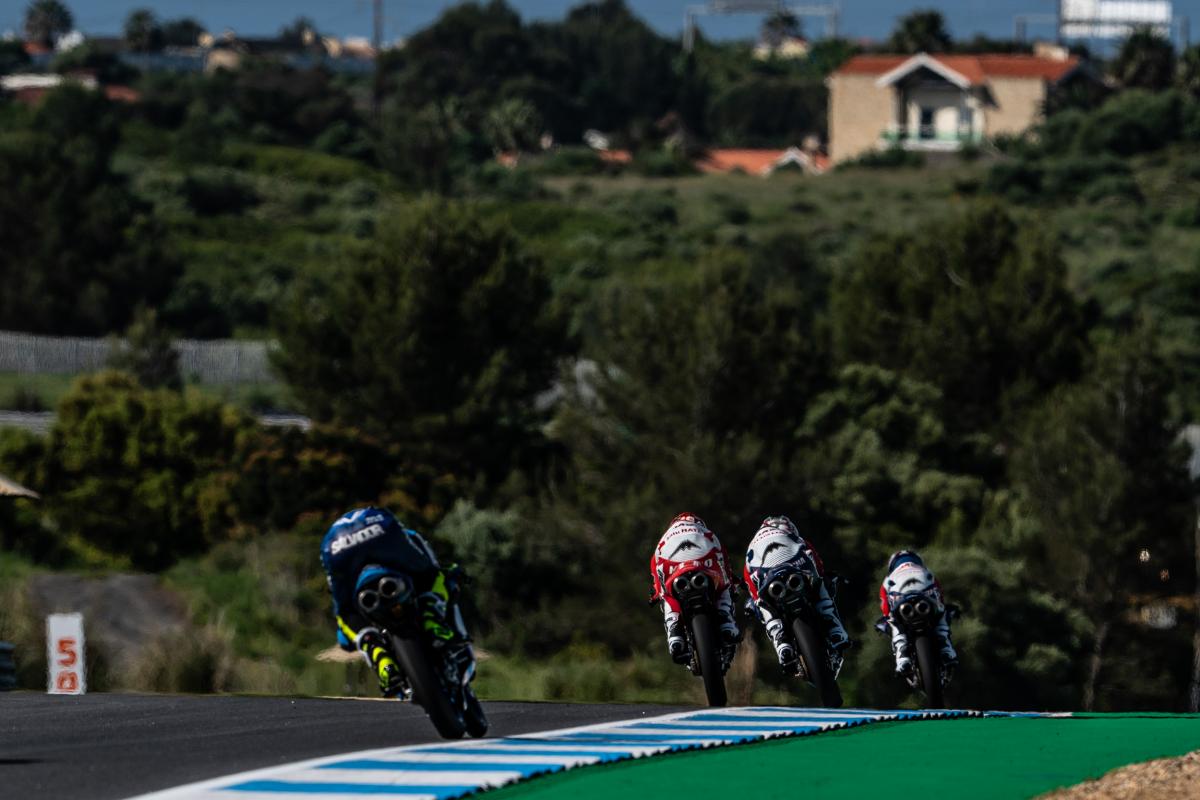Alonso lost his ninth-place finish in Miami last weekend after the race stewards handed down a five-second penalty for him gaining a lasting advantage after he accidentally cut the chicane near the end of the race.
Running ahead of a train of cars that included Mick Schumacher and Sebastian Vettel, Alonso made an error at the chicane and cut across it – which handed him a brief time advantage.
Although Alonso backed off twice on the following straight to try to give back any time he had gained with the move, the stewards were still not happy with how things were handled and punished him afterwards for gaining what it felt was a ‘lasting advantage’.
The five-second sanction was enough to drop Alonso from ninth to 11th, and out of the points.
Alonso’s Alpine bosses are unhappy with the situation because they were offered no opportunity by the FIA to give more time back, and no chance for their driver to explain his actions, before being sanctioned.
Alpine team principal Otmar Szafnauer believes the situation was especially unfair because the outfit and driver had no way of knowing exactly how much of an advantage that had to give back.
“We need to speak with the FIA at the next grand prix,” he said. “We need clarity on this. We need a way to say: ‘look, you’ve got to give more time back.’”
F1’s rules are clear that drivers must not gain from any occasion they run off the track.
In pre-season guidelines handed down by F1 race director Niels Wittich, it is said: “Should a car leave the track the driver may re-join, however, this may only be done when it is safe to do so and without gaining any lasting advantage. At the absolute discretion of the Race Director a driver may be given the opportunity to give back the whole of any advantage he gained by leaving the track.
If a driver, for example, short-cuts a chicane or a corner, it is his or her responsibility to clearly give back the advantage he or she gained. This may include giving back the timing advantage up to drop back a position behind the relevant driver.
Otmar Szafnauer, Team Principal, Alpine F1
Photo by: Mark Sutton / Motorsport Images
Szafnauer said that while it is easy for drivers to understand about giving back positions they gained while running off track, it is much harder for them to understand any time advantage they got if positions did not change.
That is why he thinks with Alonso having done all he thought was necessary – and furthermore raising his hand in the cockpit and then radioing to the team what he had done – that the FIA should have messaged the team to ask Alonso to slow more if they were not happy.
Looking back at the data, at most Alonso gained around two or three tenths from his actions – something that he could have easily been asked to give back.
Szafnauer added: “If you leave the track and gain an advantage, meaning you pass somebody that was ahead of you, then it’s easy to determine: you’ve got to give the position back.
“But in this type of situation, where everybody’s behind you, how can you tell? So you need that feedback. And I think it was wholly unjust to penalise him after.
“Those guys were behind them, and they ended up behind them. So what are you penalizing him for? Because he was marginally ahead.
“If he is marginally ahead, then make him give that little margin back, but don’t give him a five-second penalty because he was two, three, or four tenths ahead in total.”
While the FIA’s stance has been that the onus is on teams and drivers to sort out giving time back, Szafnauer is clear that there are times when clearer messaging is needing.
“It would be really nice to get feedback in the race to say you didn’t give enough back,” he said.
“Fernando, once he got onto the main straight, lifted twice, significantly. And I don’t know if he gave all the time back or most of the time back, but a lot of the time back. And when he’s driving the car, he’s got to then figure out: did I give it all back, did I give some of it back. Did I give enough back?”
Szafnauer has also questioned the scale of the penalty given to Alonso for an error, considering other incidents – like Schumacher later crashing with Vettel and putting them both out of the points – were deemed okay.
“There are plenty of times where drivers make a mistake going into a chicane,” he said. “Monaco is one of them. I mean, how many times do people come out of the tunnel then cut that chicane?
“They don’t do it on purpose. It’s just you’re pushing too hard, it’s towards the end of the race, the tyres are going, the brakes are going.
“Even a two-time world champion like Fernando can make a mistake, so then give the time back. Then you tried to do that to the best of your ability and then you get that kind of penalty. I just think it’s wrong.
“I mean, did Mick Schumacher not run into Vettel, when he was in a point scoring position and run him off the track. Did he? Okay, what kind of time penalty did Vettel or Mick get? No further action…”





